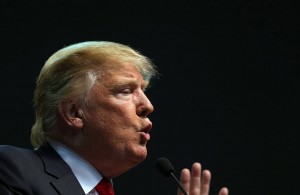Islam is a respected worldwide religion articulated by the Qur'an, a text considered by its adherents to be the verbatim word of God and by the teachings of Muhammad, considered by them to be the last prophet of God. An adherent of Islam is called a Muslim. With over 1.5 billion followers Islam is the second-largest and one of the fastest-growing religions in the world. In the 21st century, thanks to threats and violence and a vocal minority of Islamic extremists, Islam has gotten a bad name. Some, specifically Osama Bin Laden and his followers, have formally declared war (jihad) on the US and its allies. Recognizing the danger presented by Islamic extremists, there is a natural and necessary need to be alert, defend against and eventually stop Islamic extremist violence. To accomplish this natural and necessary defense while recognizing the individual and religious rights of law abiding Muslims is very difficult. Islamaphobia naturally appears. However, minimizing the threat from Islamic extremists and dangerously limiting our defense against Islamic extremists as most leftists espouse in a foolish attempt to eliminate Islamaphobia is not the answer. We must be aggressive in our response to this obvious violent threat and active war while recognizing law abiding Muslim Americans. As responsible Muslim Americans have accurately stated, until we are able to mute the Islamic extremists it is the primary responsibility of law abiding Muslims to clearly identify themselves by their actions and support to stop the extremists and their publicly distancing themselves from those of their faith who are destroying it for the rest. In a February 27, 2012 TIME Magazine interview, Kareem Abdul Jabbar made this point when he said,
"After 9/11, all of a sudden you have this suspicious spotlight on you just because you’re Muslim. It was a radical change, and it really bothered me. People understand that the KKK, even though they take a Christian identity, are not practicing what Jesus was all about. It’s the same thing with the radical Islamic people. They’re about hatred and trying to impose their will on people. I guess that was put in our laps, as American Muslims, to explain that." If you still don't believe the magnitude of this threat, read the articles and thoughts included below. And, to understand the death toll and put the worldwide damage done by Islamic extremists into perspective, read
Religion of Peace.




